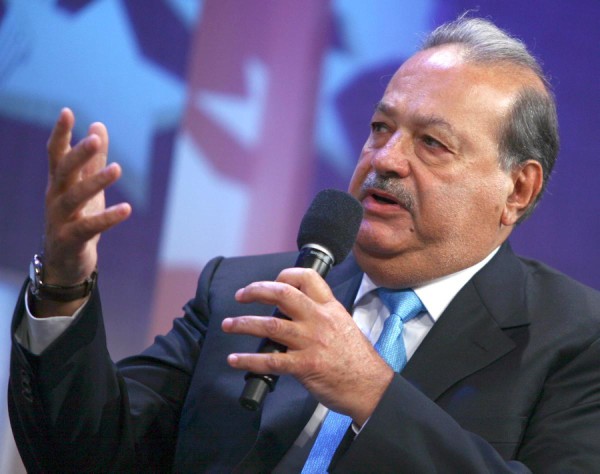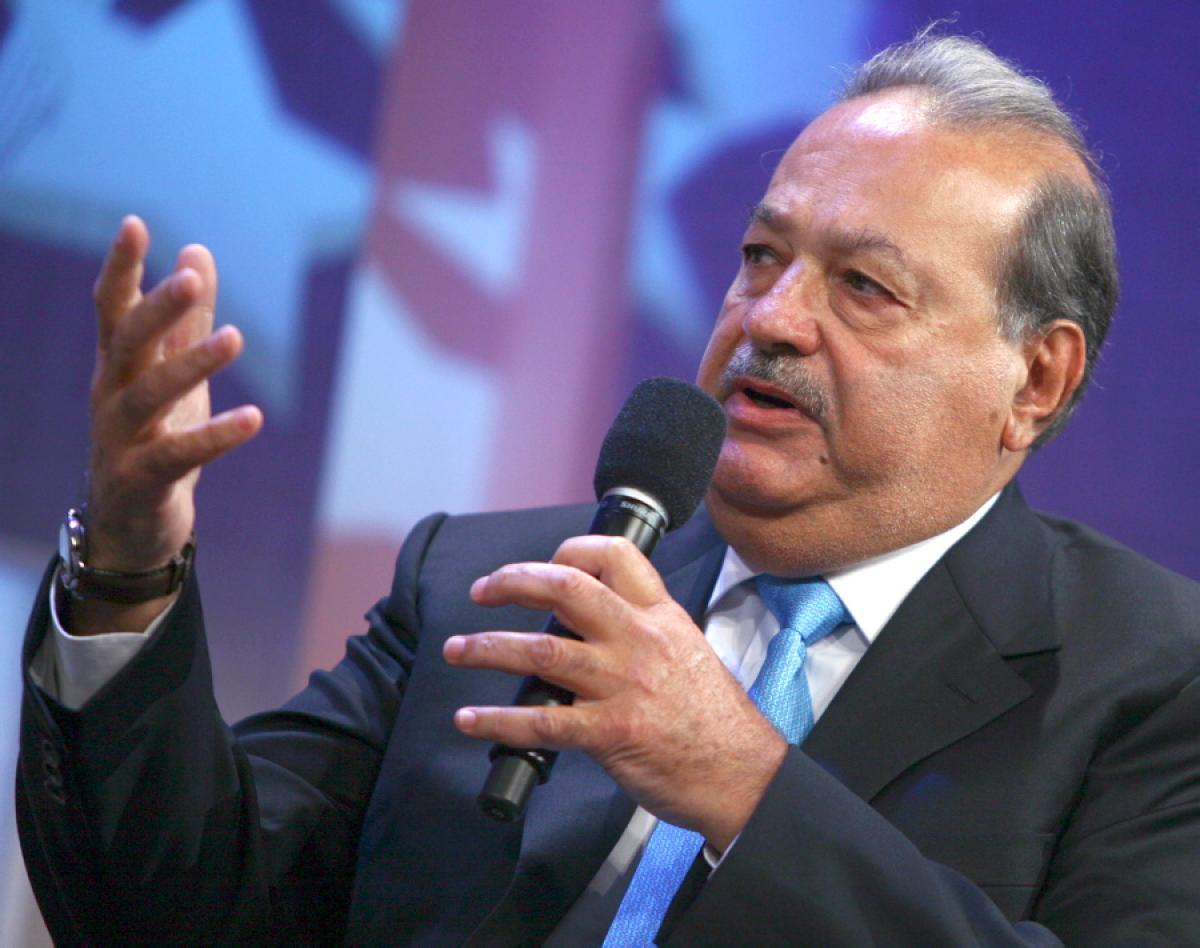
Through its regular appearances in ancient mythology, middle-age plays and modern-day science fiction novels, the concept of immortality has, all puns intended, never died out. Our obsession with living forever is neither new, nor anywhere closer to being feasible despite centuries of failed attempts. However, there is one thing we have been getting better at — living longer. Way longer.
Modern day’s longer life expectancy can be attributed to a variety of factors: the more equal allocation of health and medical services, the certified access to key information on disease prevention, the implementation of certain codes of workplace safety… According to Statistics Canada, the country’s life expectancy, from 1920-1922, was 59 years for males and 61 years for females. Less than a century later, from 2000-2002, this same expectancy was listed at 77 years for men and 82 years for women — a rather significant jump.
However, does the fact that Canadians live longer imply that they should work longer too? Most Canadians follow the Western “standard working week”: Monday to Friday, from nine to five. Cashing in 35 to 40 hours a week, Canadians hope to save enough to retire by their early sixties. However, given the increasing life span of the average Canadian, is such a model becoming outdated? Self-made Mexican billionaire and media mogul, Carlos Slim Helu, sure seems to think so!
The telecom giant spoke at a business conference in Uruguay on the weekend of July 19th, where he addressed his concerns of an outdated employment model. Slim Helu contended that it was more progressive and realistic to adopt a system whereby one works later into their lives, but with more time off. The world, he adamantly stated, is in dire need of a “radical change” when it comes to the way individuals view the current system.
The “retirement” age was not set as an absolute value, but as a well-deserved, work-free percentage of one’s life. Given the developed world’s current life expectancy (86 to 90, if not more), this percentage should have us retire between 75 and 80 years of age!
The media mogul, who owns America Movil and many subsidiary businesses, believes the current system is a reflection of the Industrial Revolution. Adressing hundreds of prominent business leaders and politicians from across Latin America at the 20th Montevideo Circle meeting, he argued that change is necessary should we wish for more stable socioeconomic progress. During the industrial revolution, Slim Helu explained, elaborating on his previous theory, life expectancy was 60 to 75 years of age. The “retirement” age was not set as an absolute value, but as a well-deserved, work-free percentage of one’s life. Given the developed world’s current life expectancy (86 to 90, if not more), this percentage should have us retire between 75 and 80 years of age!
An expert in business and one of the richest men in the world, Slim Helu is leading by example. He has offered employees the option of working past their retirement age, while working reduced days during the week. He believes that if individuals only work three or four days a week, they will also perform better and work longer hours during the days they choose to work.
Slim Helu’s vision for change isn’t solely limited to re-thinking the working week and our retirement model. He believes in the power of education outside of the classroom or traditional medium of a book. It is necessary, he thinks, for students to learn certain things hands on, with mentor training and apprenticeships. Above all, education should not be boring, and should take care to cater to the less academic among us. To an enthralled Latin American audience, he declared “we must train welders, nurses, health technicians, we need to train for jobs, giving greater importance than ever before towards educating for work.”
However, the real question here becomes: does the catch of working less during the week for a longer time frame sound appealing to the members of today’s society — specifically today’s youth? Well, in an era of rapidly evolving technology and the constant demand for faster services, it just might.
Modern societies have not only become obsessed with the maintenance of a youthful image, but also with the idea of staying “hip.” Significant attempts have been made to help the elderly adjust to new technology. Smart phones are no longer seen as a mere fad restricted to the younger generation. In fact, a majority of phone carriers have ceased to make “traditional” phones, the targeted, elder clientele base having proven itself more than willing to adapt to newer, sleeker models. Clothing companies have designed modern garments that are not just comfortable but “in” for all ages. Growing old has become less and less of a set-back for people, which 50 becoming the new 40 and 40 the new 30. The only question remaining is: when will this trend bubble over to our employment models?




